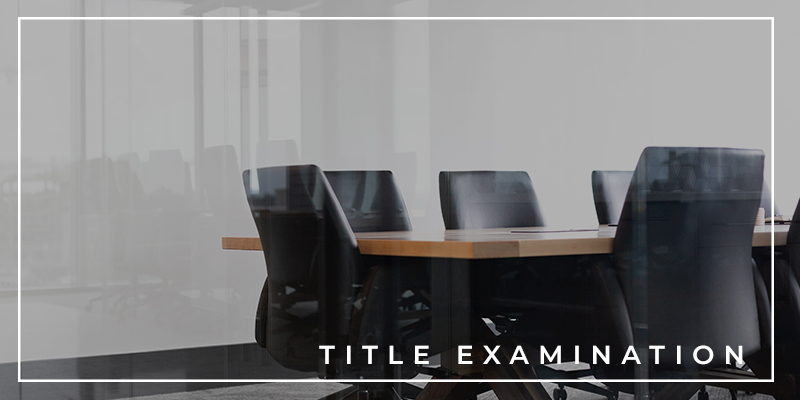What Do Title Examination Do?
Title examination is a close examination of all public records that affect the title to the real estate you are purchasing. The search involves reviewing past deeds, wills, and trusts to make sure the title has passed correctly to each new owner. The examiner tries to verify that all prior mortgages, judgments, and other liens have been paid in full.
The defective title refers to a title to real property which is invalid because a claimed prior holder of the title did not have the title, or there is an inaccurate description of the property, or some other “cloud” over it, which may or may not be learned from reading the deed. To avoid a defective title problem, a purchaser will often research the chain of title.
Chain of the title refers to the history of the passing of title ownership to real property from the present owner back to the original owner. A record of title documents may be maintained by a registry office or civil law notary. Chains of the title include notations of deeds, judgments of distribution from estates, certificates of death of a joint tenant, foreclosures, judgments of quiet title, and other recorded transfers of title to real property. Before purchasing property, the purchaser will usually hire title companies or abstractors to search out the chain of title and provide a report so that a purchaser will be assured the title is clear of any claims. In many real estate transactions, insurance companies issue title insurance based upon the chain of title to the property when it is transferred.

